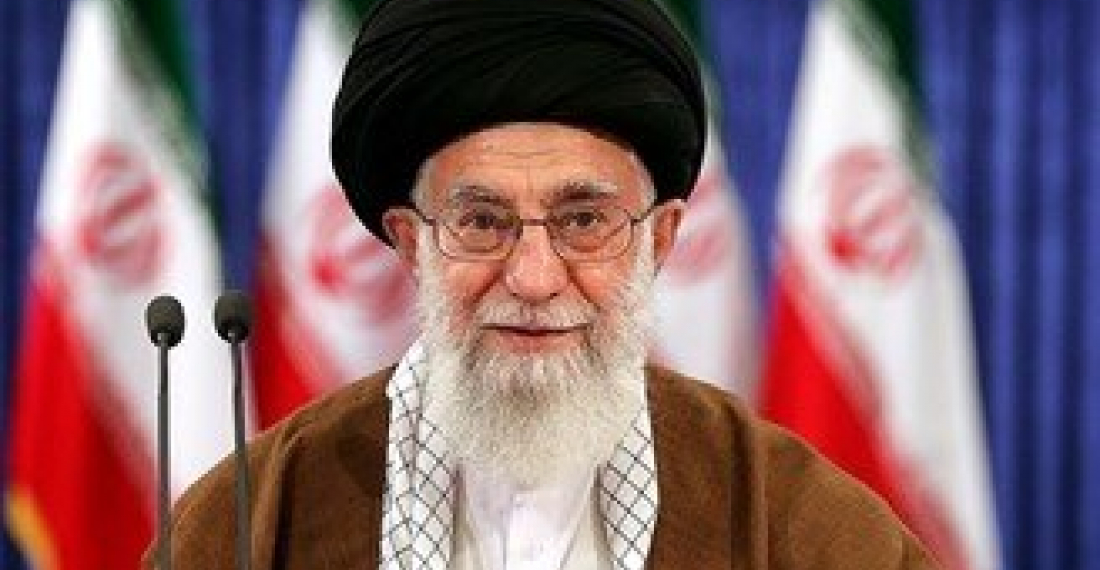Iran continues to be concerned by events in the South Caucasus. In a speech commemorating the National Day of Fighting Global Ignorance, Iran's Supreme Leader Ayatollah Ali Khamenei said that Azerbaijani lands "must be returned", according to various agencies.
"These lands belong to Azerbaijan, which has an absolute right over it. "
It remains unclear which specific parts should be returned to Azerbaijan as the official Iranian plan call for the return of the 7 districts surrounding Nagorno Karabakh, leaving the Nagorno Karabakh region itself as a subject of future talks.
"Unfortunately, this ongoing war at our doors between two neighboring countries, Armenia and Azerbaijan (...) threatens the security of the region," Khamenei said in a televised speech. He called both sides not to violate international borders.
Iran, which maintains good relations with Armenia and Azerbaijan, has repeatedly called on the two countries to stop the fighting. In response to stray fire, Iran places some of its military assets in the border areas.
Khamenei also reiterated the warning on the presence of foreign fighters. "Terrorists should not be deployed near our borders," he said warning that if Iran feels threatened by them, and will respond firmly.
Meanwhile, the Russia's Deputy Foreign Minister Andrey Rudenko, speaking to reporters, said in response to Abbas Araghchi visit and the Iranian that it was being carefully considered. Rudenko did not reveal any details about the plan. As for the presence of peacekeepers, Rudenko said that the decision is up to parties of the conflict. Russian Foreign Minister Sergey Lavrov, in an interview with the newspaper Kommersant, said that the 2+2 formula was discussed with the Foreign Ministers of Armenia and Azerbaijan but did not say if it could be adopted.
source: commonspace.eu with agencies






